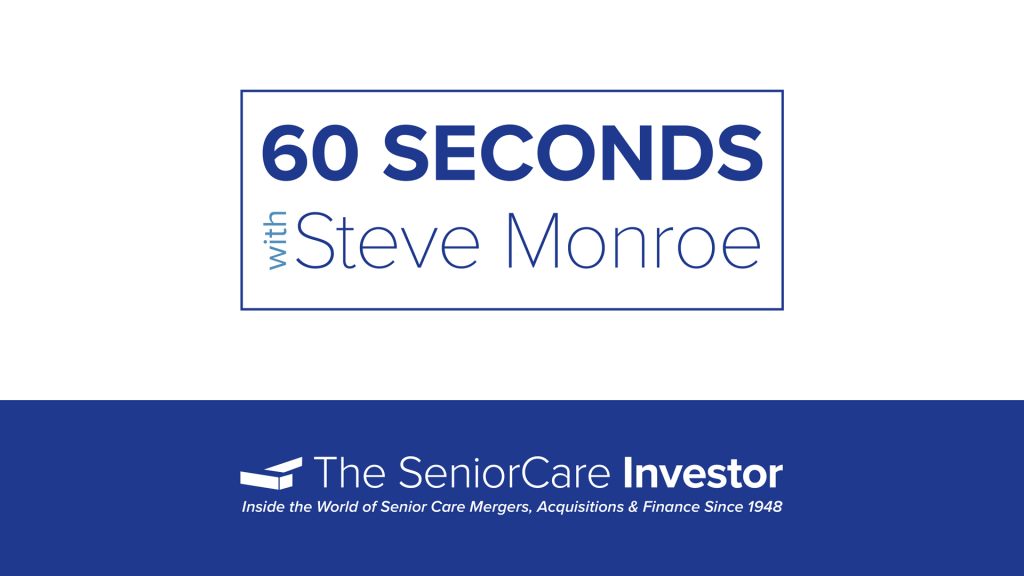I suspect many of you think I am going to talk about the record setting M&A year in 2024 for long-term care, but I believe Ben has fully covered that and will continue to do so in the coming weeks as the stats are finalized. Plus, he now knows more than I do on the topic.
No. I am going to talk about a book I just read, called The Big 100 by William Kole. All we have heard about for years, even decades, is the growth in the 80+ and 85+ population and what it will do for the seniors housing industry. This book is about the 100+ population, called centenarians, and super-centenarians, those who have attained 110 years and older. The centenarian group is the fastest growing age cohort, partly because it starts at such a small base.
In 25 years, the worldwide number of centenarians will increase eight-fold, and half of today’s five-year-olds can expect to live past 100. Between now and 2040, the senior population is projected to increase by 44%, while the 18 to 64 cohort by just 6%. Think of the ramifications, for entitlements, care providers, you name it.
One in five Americans is a boomer, and as you know by 2030, they will all be older than 65, and by 2034, they will outnumber children 17 and younger for the first time in U.S. history. By 2035, Americans aged 85+ will nearly double to 12 million, and by 2060, more than triple to 19 million. That is a huge opportunity for all of you listening.
In less than 30 years, however, the number of centenarians in the U.S. is projected to increase by half a million, from just 100,000 today. What is surprising, and what is being studied, is how they are getting that old, and how are many of them in a reasonable physical and mental state? Genetics plays a big part, but there are still many unanswered questions.
We as an industry are already dealing with the notion that perhaps the 80+ or 85+ population, while growing, will not necessarily be the target market in a decade or so. It will be an increasingly older age cohort, but what does that mean? It is time to start thinking about it.
Look, I turned 70 last year, and when I got in this business nearly 40 years ago, that was part of the age group many people were targeting. Trust me, I am not thinking of moving into seniors housing any time soon. My point is the world is changing, and the senior care market will not be static.
Maybe 70 is the new 60 (feels like that to me), but what happens when 100 is the new 80? Think about it.
Happy New Year.


